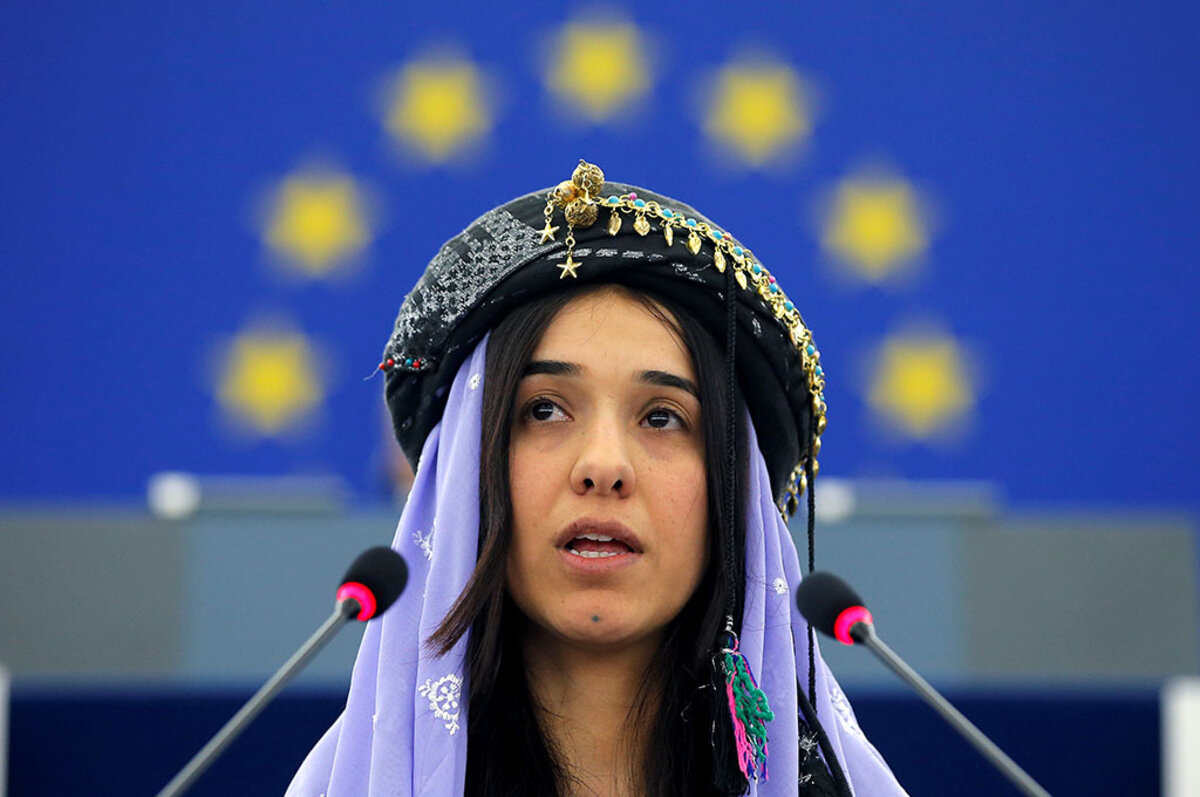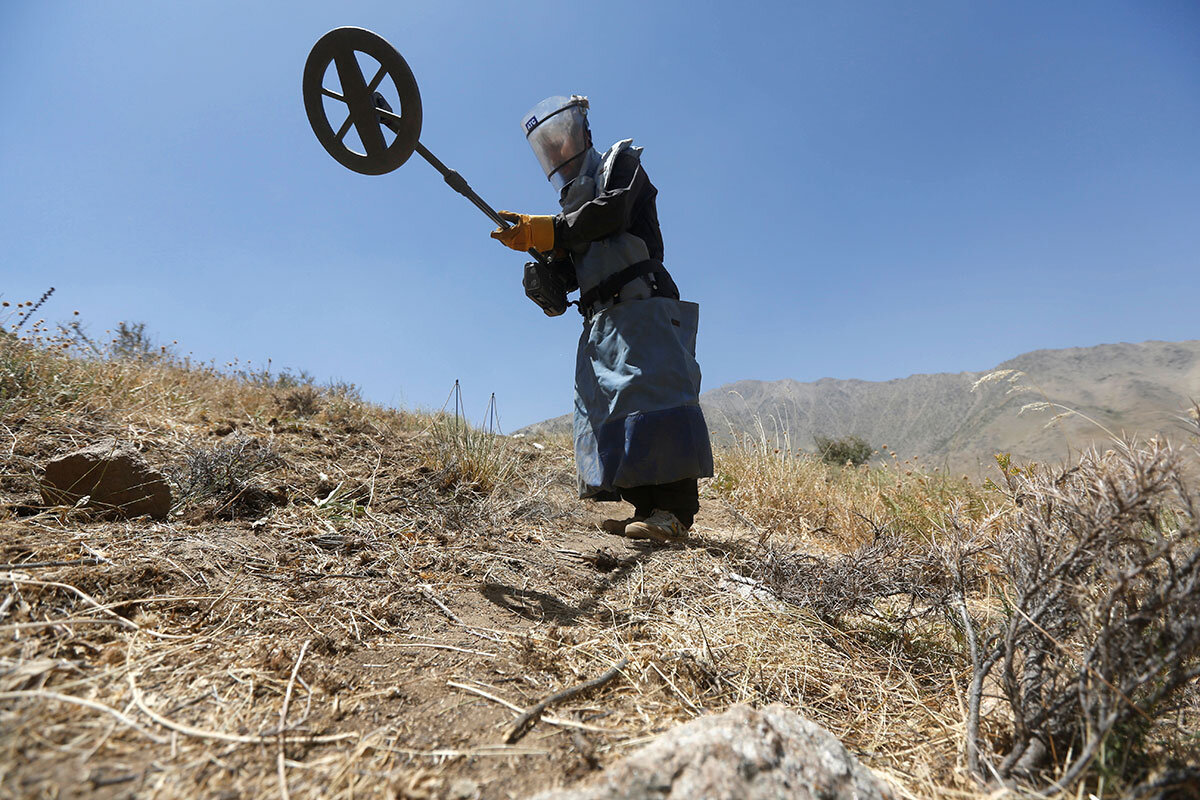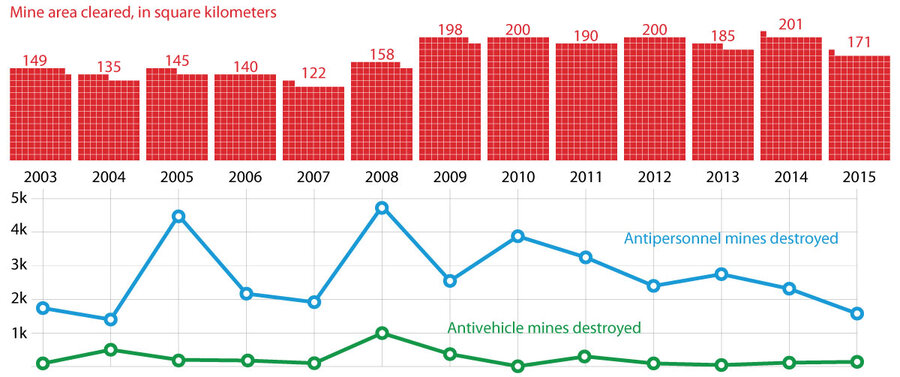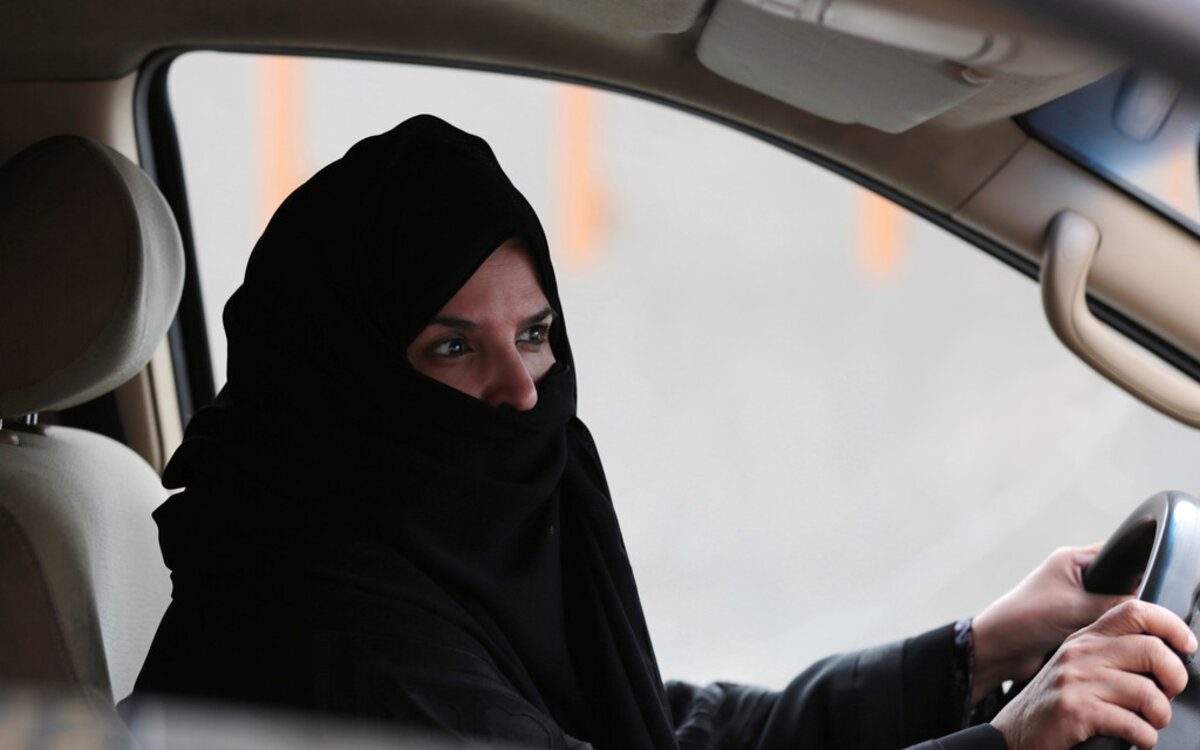Health-care repeal may have failed yet again. But the lessons that experience yielded could inform a better White House strategy for tax reform.
Monitor Daily Podcast
- Follow us:
- Apple Podcasts
- Spotify
- RSS Feed
- Download
 Amelia Newcomb
Amelia Newcomb
Lots of headlines are vying for attention today. We’ll get to some of them in a minute.
But first, I wanted to loop you into my conversation Wednesday morning with the Monitor’s Michael Holtz, who traveled to Bangladesh to report on the challenges that country faces – from unusually severe flooding to the arrival of hundreds of thousands of Rohingya Muslim refugees fleeing violence in neighboring Myanmar (Burma).
A number of you have asked for such reporting, and you've already seen his first story on progress in building resilience to flooding.
But our chat surfaced another news point that doesn’t typically attain headline status: the dynamic spirit that permeates the nation.
Michael tapped into that spirit through his rickshaw driver in the capital, Dhaka. The man had gotten former co-workers at a hotel to teach him English, and parlayed that into a business taxiing around foreigners. His wife works in the garment industry. That means their two boys are in school, preparing to take advantage of what is now one of the world’s fastest growing economies by learning to read and write (skills their father lacks).
Michael also saw that spirit embrace the refugees. The pressures are enormous in such a poor country. Yet in a rural school, the principal told Michael they were praying for the Rohingya, and wanted more to be done for them.
“People were well aware of all their country’s problems,” Michael says. “But they see them as challenges. Nothing is viewed as insurmountable.”











